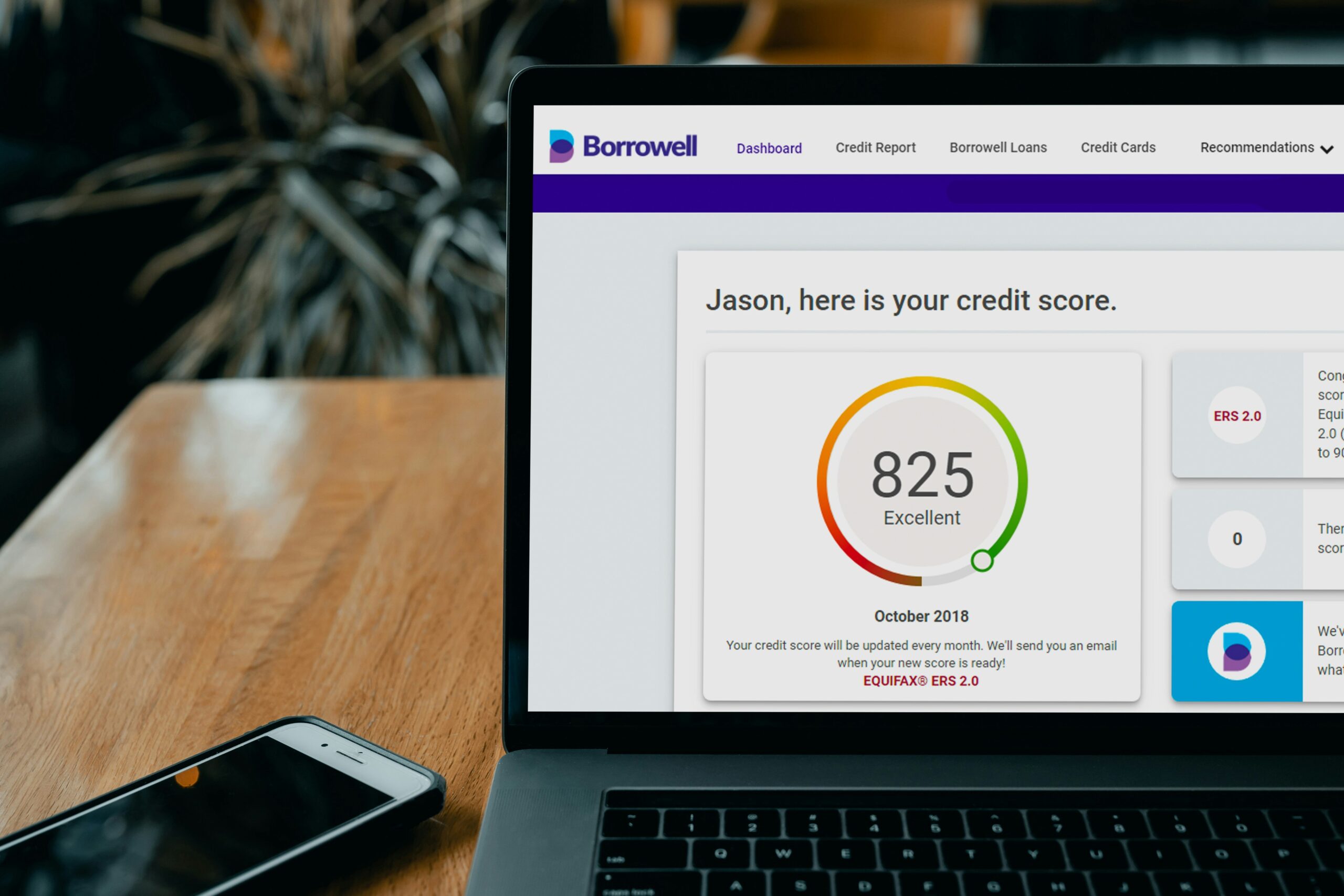Introduction
Investing can be a daunting task, especially for beginners. With so many options and strategies to choose from, it’s easy to feel overwhelmed. However, with the right resources and strategies, anyone can start investing with confidence. In this article, we will provide a list of valuable resources for beginner investors and explore some practical investment strategies.
Valuable Resources for Beginner Investors
1. Educational Platforms: There are several online educational platforms that offer courses and tutorials on investing. These platforms provide valuable information on topics such as stock market basics, portfolio diversification, and risk management. Some popular educational platforms include Investopedia, Khan Academy, and Coursera.
2. Investment Apps: Investment apps have made investing more accessible than ever. These apps allow beginners to start investing with small amounts of money and offer user-friendly interfaces. Popular investment apps include Robinhood, Acorns, and Stash. These apps often provide educational resources and tools to help beginners make informed investment decisions.
3. Financial Advisors: For those who prefer personalized guidance, hiring a financial advisor can be a valuable resource. A financial advisor can help beginners create a personalized investment plan based on their financial goals and risk tolerance. They can also provide ongoing support and advice as the investor’s portfolio grows. It’s important to choose a reputable and qualified financial advisor who has the investor’s best interests in mind.
4. Online Communities: Joining online communities of fellow investors can be a great way for beginners to learn from others’ experiences and share their own insights. These communities often have forums or social media groups where members can ask questions, discuss investment strategies, and receive support. Some popular online communities for investors include Reddit’s r/investing and Bogleheads.org.
Practical Investment Strategies for Beginners
1. Dollar-Cost Averaging: Dollar-cost averaging is a strategy where an investor regularly invests a fixed amount of money into an investment, regardless of its price. This strategy allows beginners to invest consistently over time, taking advantage of market fluctuations. By investing the same amount regularly, beginners can buy more shares when prices are low and fewer shares when prices are high.
2. Robo-Advisors: Robo-advisors are automated investment platforms that use algorithms to create and manage portfolios. These platforms typically require minimal human intervention and offer low fees. Robo-advisors are a popular choice for beginners who want a hands-off approach to investing. They offer diversified portfolios based on the investor’s risk tolerance and investment goals.
3. Index Funds: Index funds are mutual funds or exchange-traded funds (ETFs) that track a specific market index, such as the S&P 500. These funds offer broad market exposure and are a popular choice for beginners due to their simplicity and low fees. By investing in index funds, beginners can achieve diversification without the need for extensive research and stock picking.
4. Long-Term Investing: Investing with a long-term mindset is crucial for beginners. Instead of trying to time the market or chase short-term gains, beginners should focus on building a diversified portfolio of quality investments and holding them for the long term. This strategy allows beginners to ride out market fluctuations and benefit from the power of compounding over time.
Conclusion
Investing for beginners can be made easier with the right resources and strategies. By utilizing educational platforms, investment apps, financial advisors, and online communities, beginners can gain the knowledge and support they need to start investing confidently. Implementing practical strategies such as dollar-cost averaging, robo-advisors, index funds, and long-term investing can help beginners build a solid investment foundation. Remember, investing is a journey, and it’s important to continue learning and adapting as you go.
